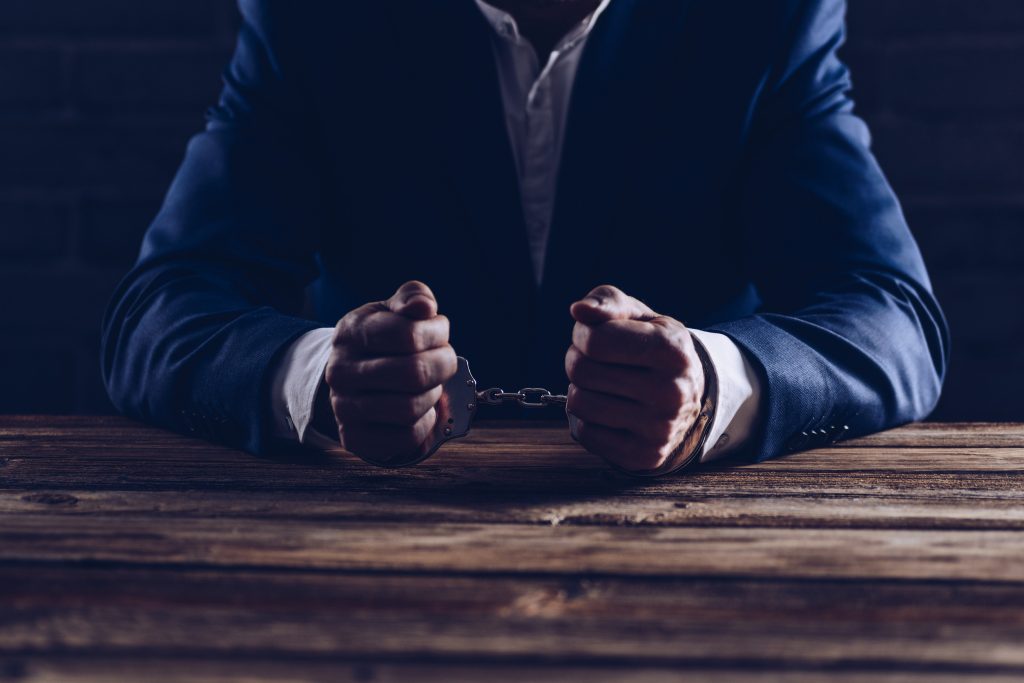
Movies often portray criminal masterminds. In reality, however, many wrongdoers get caught due to their own foolish mistakes. Sometimes, a moment of arrogance or sheer stupidity leads a person to say just enough to land in hot water. Consequently, an accidental confession can take many forms, giving law enforcement an easy path to a conviction. Here are five common ways people accidentally confess to a crime, turning themselves from suspect to culprit.
1. Bragging on Social Media
In the internet age, a shocking number of criminals boast about their misdeeds online. For instance, they might post pictures of stolen goods or flash wads of cash from a robbery. They may even describe their crimes in a status update, leaving a digital trail for investigators. As a result, this clear evidence becomes difficult for them to dispute in court. What seems like a fleeting moment of bravado, therefore, quickly becomes a permanent record of guilt and an accidental confession.
2. The “Hypothetical” Question to Police
Some culprits, driven by anxiety, approach police with “hypothetical” questions. For example, they might ask an officer about the consequences if someone hypothetically committed their exact crime. However, this tactic rarely works because it immediately raises suspicion. It signals to police that they are on the right track. Ultimately, by trying to gauge their own legal jeopardy, they inadvertently confess to the crime.
3. Answering Unasked Questions
During a police interview, a guilty person’s racing mind can lead to major slip-ups. A common mistake involves offering unprompted information, particularly defensive details about the crime. For instance, an investigator might ask about their whereabouts, and the suspect replies, “I was home, and I definitely didn’t use a hammer!” If police haven’t released the detail about the hammer, the suspect reveals insider information. In this way, they accidentally confess by providing too much detail.
4. The Butt-Dial Confession
Modern technology, furthermore, creates new ways for criminals to incriminate themselves. A prime example is the “butt-dial,” where a phone accidentally calls 911 while the suspect discusses the crime. The person on the other end then becomes an unintentional eavesdropper on the incriminating conversation. Consequently, these recordings provide powerful evidence for a conviction. The speaker confesses without having any idea someone is listening.
5. Talking in Their Sleep
Although it sounds like a movie plot, extreme stress can cause people to talk in their sleep. A partner or roommate might overhear them murmur details only the perpetrator would know. Subsequently, they report the sleep-talking to the police, leading to a rude awakening. While courts may debate the confession’s admissibility, it often starts an investigation. In effect, the person confesses to a crime without even being awake.
When the Truth Slips Out
Ultimately, the pressure of hiding a secret, coupled with human error, leads to a person’s downfall. Whether through online arrogance or interview anxiety, these accidental confessions prove a key point. Sometimes, the criminal is their own worst enemy. The truth has a way of coming out; frequently, the culprit is the one who lets it slip.
Have you ever heard a story about someone accidentally confessing to something they did wrong?
Read More:
Fresh Out of Jail: The 7 Dangers That Those Just Released from Jail Face Immediately
10 Roles You Can Be Assigned Without Your Consent
The post 5 Times People Accidentally Confessed to a Crime appeared first on Budget and the Bees.







